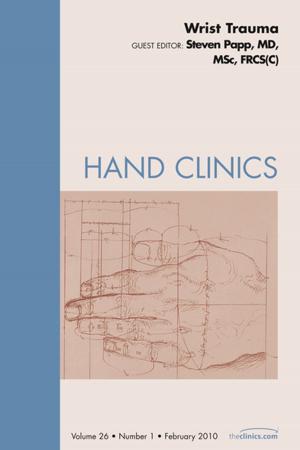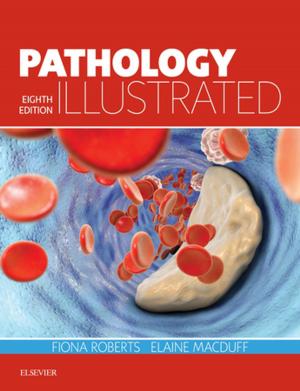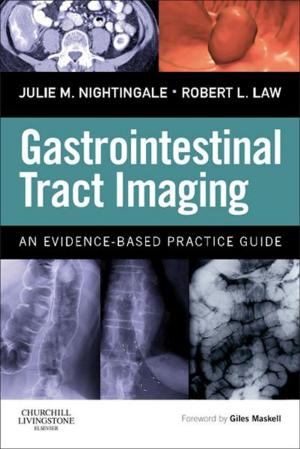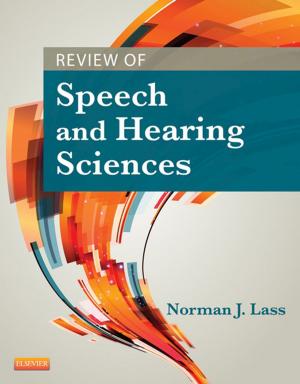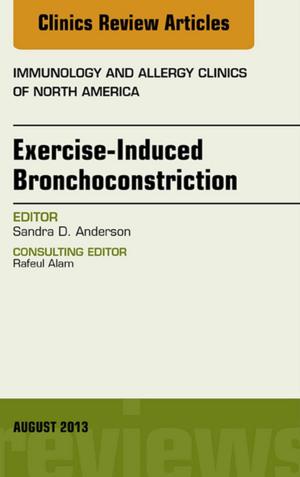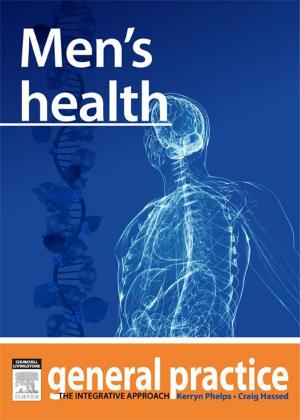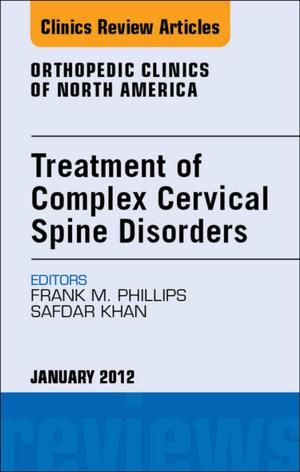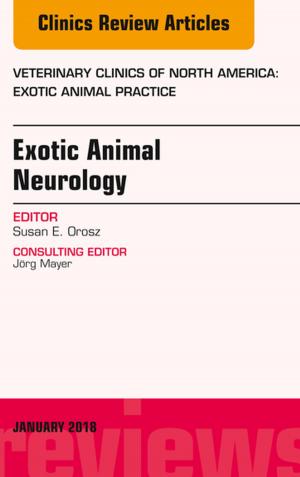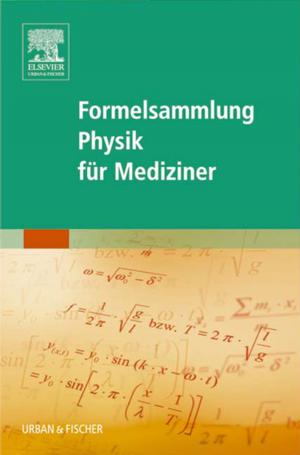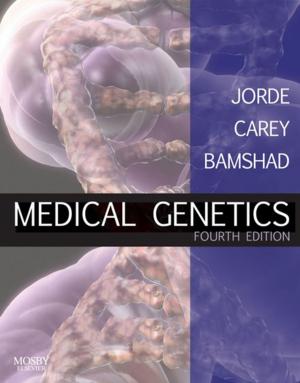Physical Agents in Rehabilitation - E Book
An Evidence-Based Approach to Practice
Nonfiction, Health & Well Being, Medical, Allied Health Services, Physical Therapy| Author: | Amy Sutkus, Michelle H. Cameron, MD, PT | ISBN: | 9780323445665 |
| Publisher: | Elsevier Health Sciences | Publication: | September 6, 2017 |
| Imprint: | Saunders | Language: | English |
| Author: | Amy Sutkus, Michelle H. Cameron, MD, PT |
| ISBN: | 9780323445665 |
| Publisher: | Elsevier Health Sciences |
| Publication: | September 6, 2017 |
| Imprint: | Saunders |
| Language: | English |
With straightforward, in-depth coverage of the use of physical agents to improve patient outcomes, Physical Agents in Rehabilitation: An Evidence-Based Approach to Practice, 5th Edition reflects how physical agents and modalities are being discussed in the classroom. This new edition brings the ideal balance of evidence and practical instruction to the learning and practice of physical agents in rehabilitation. Comprehensive coverage of all physical agents includes the mechanisms, clinical effects, and application techniques for thermal agents, ultrasound, electrical currents, electromagnetic radiation, hydrotherapy, traction, and compression. Plus, each chapter includes a scientific rationale and step-by-step instructions in the use of the agent(s), as well as up-to-date research support and new Find the Evidence tables. The new edition is supported with electronic ancillaries including review questions for students, PowerPoints®, and links to all references on Medline.
-
Comprehensive coverage of all physical agents includes the mechanisms, clinical effects, and application techniques for thermal agents, ultrasound, electrical currents, electromagnetic radiation, hydrotherapy, traction, and compression.
-
Find the Evidence tables guide the reader in finding up-to-date, patient-specific evidence using the PICO framework.
-
UNIQUE Step-by-step illustrated application techniques boxesguide you inreproducing effective treatment options.
-
Electronic ancillaries
-
Electrical Stimulation, Ultrasound & Laser Light Handbook helps you to understand the material and can be printed out for quick reference to use in the clinical setting.
-
NEW! Chapter on biofeedbackcomplements the coverage of powered devices used in rehabilitation.
-
UNIQUE! New Find the Evidence tables guide the reader in finding up-to-date, patient-specific evidence using the PICO framework.
With straightforward, in-depth coverage of the use of physical agents to improve patient outcomes, Physical Agents in Rehabilitation: An Evidence-Based Approach to Practice, 5th Edition reflects how physical agents and modalities are being discussed in the classroom. This new edition brings the ideal balance of evidence and practical instruction to the learning and practice of physical agents in rehabilitation. Comprehensive coverage of all physical agents includes the mechanisms, clinical effects, and application techniques for thermal agents, ultrasound, electrical currents, electromagnetic radiation, hydrotherapy, traction, and compression. Plus, each chapter includes a scientific rationale and step-by-step instructions in the use of the agent(s), as well as up-to-date research support and new Find the Evidence tables. The new edition is supported with electronic ancillaries including review questions for students, PowerPoints®, and links to all references on Medline.
-
Comprehensive coverage of all physical agents includes the mechanisms, clinical effects, and application techniques for thermal agents, ultrasound, electrical currents, electromagnetic radiation, hydrotherapy, traction, and compression.
-
Find the Evidence tables guide the reader in finding up-to-date, patient-specific evidence using the PICO framework.
-
UNIQUE Step-by-step illustrated application techniques boxesguide you inreproducing effective treatment options.
-
Electronic ancillaries
-
Electrical Stimulation, Ultrasound & Laser Light Handbook helps you to understand the material and can be printed out for quick reference to use in the clinical setting.
-
NEW! Chapter on biofeedbackcomplements the coverage of powered devices used in rehabilitation.
-
UNIQUE! New Find the Evidence tables guide the reader in finding up-to-date, patient-specific evidence using the PICO framework.

